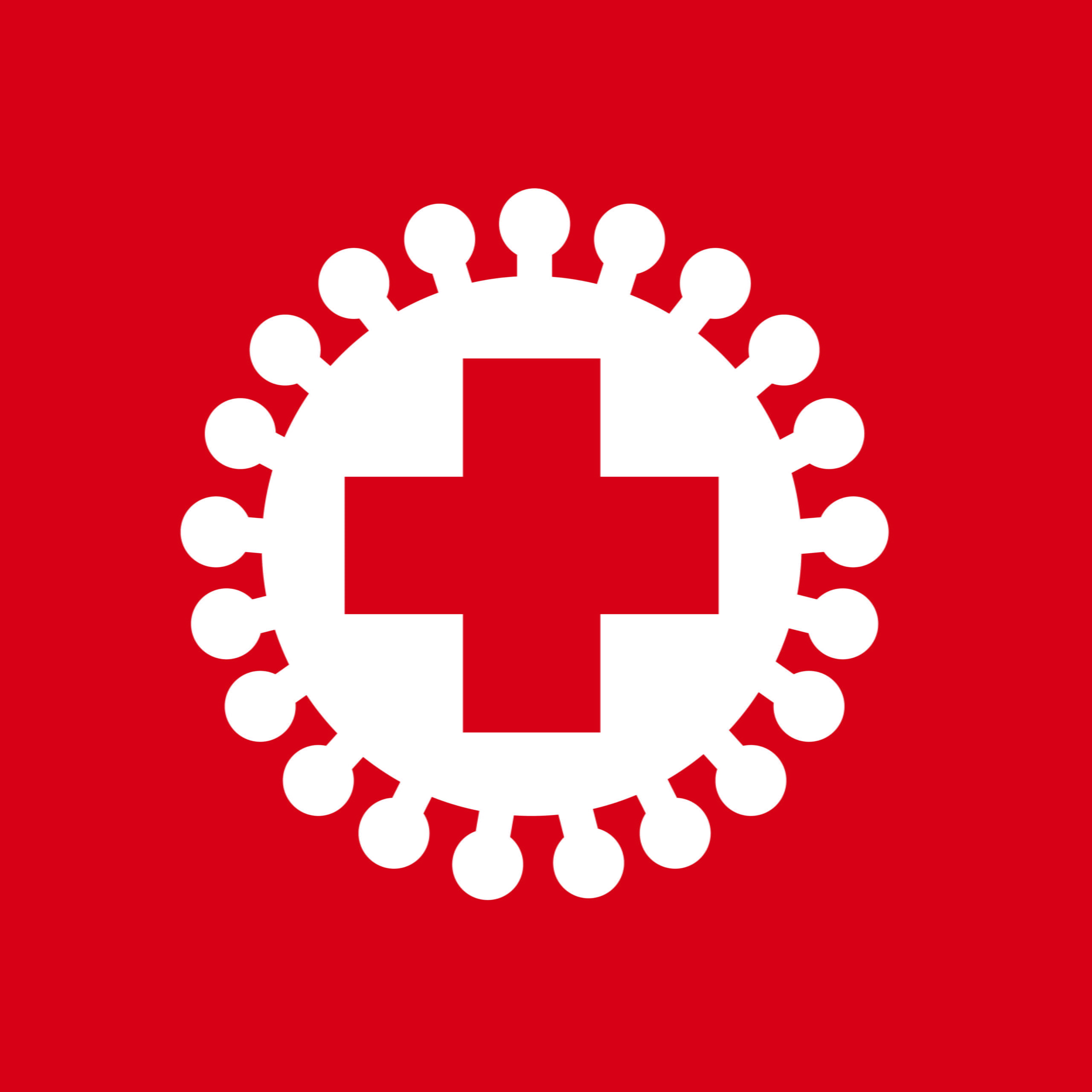Senator Kamala D. Harris (D-CA) speaks to ESSENCE.com during Black Maternal Health Week (April 11 – 17) on how COVID-19 has exposed the deep racial disparities in our country’s health care system. In her latest Kamala’s Corner column piece, We Can’t Let Up the Fight to End the Black Maternal Health Crisis – Especially Right Now, she talks to ESSENCE about:
- The On-going Health Disparities Between Pregnant Black Women and White Women: “…Black women are three to four times more likely than White women to die from pregnancy–related causes and twice as likely to suffer from life-threatening pregnancy-related complications. These disparities persist regardless of one’s income or education level. So, while this is a stressful time for any expectant mother, the potential ramifications that come with giving birth during a pandemic – and specifically a pandemic that is disproportionately impacting African Americans – is of particular concern to Black women…”
- Underlying Health Conditions Affecting Black People During COVID-19: “We already know that people who have certain underlying health conditions are more at risk for severe illness and death from COVID-19. Sadly, data shows that Black people are 20 percent more likely to have asthma than our White counterparts. We are 40 percent more likely to have high blood pressure. And for Black women, we are three times more likely than White women to be diagnosed with lupus, an autoimmune disease that medical professionals warn could increase one’s chances of getting any kind of infection. Black women can’t afford not to be heard when their lives and babies are on the line, but they especially can’t afford to be shut out when we are going through a pandemic…”
- The Black Maternal Health Momnibus: “That is why, this year, I was proud to partner with Rep. Lauren Underwood and Rep. Alma Adams to introduce the Black Maternal Health Momnibus. This historic package of bills that would tackle systemic health disparities by making much needed investments in social determinants that influence maternal health outcomes, like housing, transportation, and nutrition. It calls for more diversity in the perinatal workforce, so every mom is provided with inclusive care…”
For more on this story, visit ESSENCE.com.






